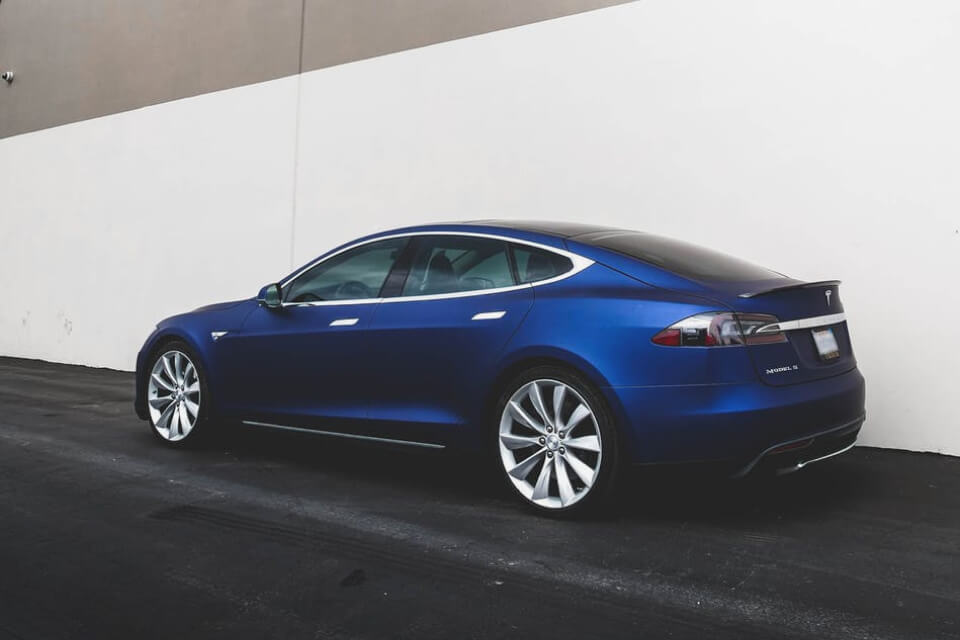The automobile industry is a cornerstone of modern society, driving innovation, economy, and daily life. With countless developments and statistics, understanding the key facts about automobiles can provide valuable insights into this dynamic field. Here’s a comprehensive guide to the essential stats, facts, and data about the automobile industry.
1. Global Automobile Sales Figures
The global automobile market is massive, with millions of vehicles sold each year. In 2023, global car sales reached approximately 81 million units, reflecting the industry’s substantial reach and impact on economies worldwide.
2. Leading Automobile Manufacturers
Several major companies dominate the global automobile industry. Some of the top manufacturers include:
- Toyota: Known for its reliability and innovation, Toyota is one of the world’s largest car producers.
- Volkswagen Group: This German automaker includes brands like Volkswagen, Audi, and Porsche.
- General Motors: An American giant with brands such as Chevrolet, GMC, and Cadillac.
3. The Rise of Electric Vehicles (EVs)
Electric vehicles are increasingly becoming a significant part of the automotive landscape:
- Market Share: In 2023, EVs accounted for about 10% of global car sales, up from 5% in 2019.
- Popular Models: The Tesla Model 3, Nissan Leaf, and Chevrolet Bolt are among the top-selling electric vehicles.
4. Automobile Industry Employment
The automobile industry is a major employer worldwide:
- Global Employment: Approximately 9 million people are employed in the automotive sector, including manufacturing, sales, and service roles.
- Key Regions: Major automotive hubs include the United States, Germany, Japan, and South Korea.
5. Impact of Technology on Vehicles
Technology is transforming how vehicles operate and are used:
- Autonomous Vehicles: Self-driving technology is advancing, with companies like Waymo and Tesla leading the way in developing autonomous driving systems.
- Connectivity: Modern vehicles often come equipped with advanced infotainment systems, navigation, and connectivity features like Apple CarPlay and Android Auto.
6. Fuel Efficiency Trends
Fuel efficiency has improved significantly over the years due to advancements in technology and regulations:
- Average Fuel Economy: In the United States, the average fuel economy of new cars in 2023 was approximately 25 miles per gallon (mpg), up from around 20 mpg in the early 2000s.
- Future Goals: Many countries have set ambitious fuel efficiency and emissions reduction targets for the coming decades.
7. Automobile Safety Features
Safety is a top priority in modern vehicle design:
- Advanced Safety Systems: Features such as adaptive cruise control, lane-keeping assist, and automatic emergency braking are becoming standard in many new vehicles.
- Crash Test Ratings: Organizations like the Insurance Institute for Highway Safety (IIHS) and the National Highway Traffic Safety Administration (NHTSA) provide ratings for vehicle safety performance.
8. Economic Impact of the Automobile Industry
The automobile industry has a substantial impact on the global economy:
- Contribution to GDP: In major economies, the automotive sector contributes significantly to Gross Domestic Product (GDP), with billions of dollars in economic activity generated annually.
- Trade and Investment: The industry is a key driver of international trade and foreign investment, with major automotive companies operating across multiple countries.
9. Environmental Impact
The environmental footprint of the automobile industry is significant:
- Emissions: Traditional internal combustion engine vehicles contribute to greenhouse gas emissions and air pollution. Efforts are underway to reduce these impacts through cleaner technologies and stricter regulations.
- Recycling: The industry is increasingly focusing on recycling and sustainability, with initiatives to reduce waste and improve the environmental impact of vehicle production and disposal.
10. Vehicle Ownership Trends
Trends in vehicle ownership are evolving with societal changes:
- Car Sharing: Car-sharing services like Zipcar and ride-hailing apps such as Uber and Lyft are changing how people access and use vehicles.
- Urban Mobility: In urban areas, there is a growing emphasis on alternative transportation modes, including electric scooters and bicycles.
11. Historical Milestones
The automobile industry has a rich history marked by key milestones:
- First Automobile: The Benz Patent-Motorwagen, built in 1885, is considered the world’s first true automobile.
- Mass Production: Henry Ford revolutionized the industry with the introduction of assembly line production in the early 20th century.
12. Future Trends and Innovations
The future of the automobile industry is set to be shaped by several innovations:
- Hydrogen Fuel Cells: Hydrogen-powered vehicles offer an alternative to battery-electric vehicles, with potential benefits for long-range travel and refueling convenience.
- Smart Cities: The integration of smart technology and vehicle-to-everything (V2X) communication is expected to enhance urban mobility and traffic management.
13. Consumer Preferences
Consumer preferences play a significant role in shaping the automotive market:
- SUVs and Trucks: In recent years, there has been a growing demand for SUVs and pickup trucks, driven by their versatility and perceived safety.
- Luxury Vehicles: The market for luxury cars continues to expand, with consumers seeking high-end features and performance.
14. Regulatory and Policy Changes
Government regulations and policies impact the automobile industry:
- Emissions Standards: Stricter emissions standards are being implemented globally to reduce environmental impact and encourage the adoption of cleaner technologies.
- Incentives: Many governments offer incentives for purchasing electric vehicles and other environmentally friendly options.
15. Global Production and Sales Leaders
The distribution of automobile production and sales varies by region:
- China: As the largest automobile market, China accounts for a significant share of global vehicle sales and production.
- Germany: Known for its automotive engineering prowess, Germany is home to major manufacturers like BMW, Mercedes-Benz, and Volkswagen.
Conclusion
The automobile industry is a dynamic and multifaceted sector with a rich history and an exciting future. Understanding these essential stats, facts, and data provides a deeper appreciation of how automobiles impact our lives and the world economy. Whether you’re a car enthusiast, industry professional, or simply curious, this guide offers valuable insights into one of the most important industries in modern society.



